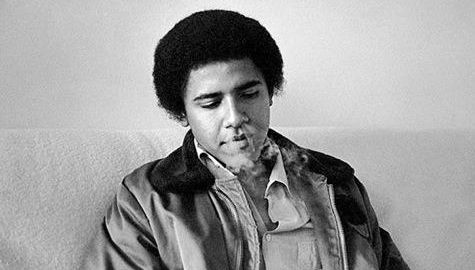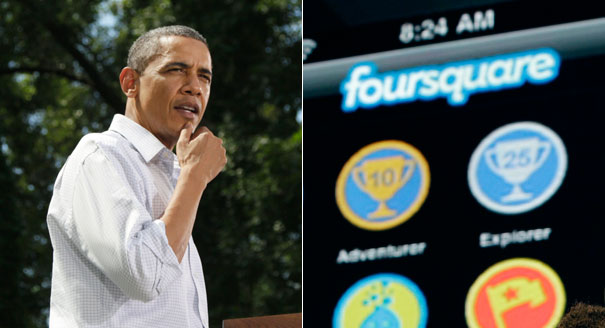B.H. Obama and T.S. Eliot

Vanity Fair has published some revealing letters from the young student Barack Obama to his girlfriend Alex McNear. Some conservatives have been mocking the heck out of them as evidence that our president is hardwired to be a pretentious snob who’s always saying a lot less than he thinks he is.
Postmodern conservatives, such as the erudite and profound Carl Scott, are fair-minded enough to actually be impressed. Obama’s observations on T.S. Eliot are, in fact, pretentious and awkwardly phrased. But they were written to impress a girl! And the letters actually show our president knows some deep stuff about a hugely important (and now unjustly neglected by our literary critics) poet. More than that, it seems he thought pretty seriously about the relationship between poetic insight, the contemporary West, and his own life. Here’s the key paragraph:
I haven’t read “The Waste Land” for a year, and I never did bother to check all the footnotes. But I will hazard these statements—Eliot contains the same ecstatic vision which runs from Münzer to Yeats. However, he retains a grounding in the social reality/order of his time. Facing what he perceives as a choice between ecstatic chaos and lifeless mechanistic order, he accedes to maintaining a separation of asexual purity and brutal sexual reality. And he wears a stoical face before this. Read his essay on Tradition and the Individual Talent, as well as Four Quartets, when he’s less concerned with depicting moribund Europe, to catch a sense of what I speak. Remember how I said there’s a certain kind of conservatism which I respect more than bourgeois liberalism—Eliot is of this type. Of course, the dichotomy he maintains is reactionary, but it’s due to a deep fatalism, not ignorance. (Counter him with Yeats or Pound, who, arising from the same milieu, opted to support Hitler and Mussolini.) And this fatalism is born out of the relation between fertility and death, which I touched on in my last letter—life feeds on itself. A fatalism I share with the western tradition at times. You seem surprised at Eliot’s irreconcilable ambivalence; don’t you share this ambivalence yourself, Alex?





